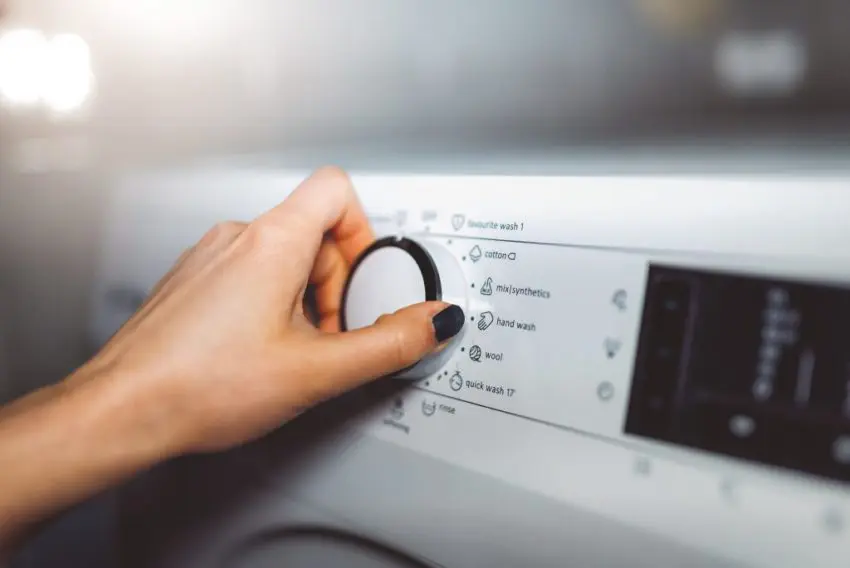Any business which has an onsite premises laundry knows that their laundry equipment is essential and that it can be expensive to repair.
Eliminating the cost of repair can provide the business with the cost control that contributes to financial success. This is especially true for smaller businesses, which can be very sensitive to the financial shocks of expensive equipment repairs.
A meaningful warranty for at least part of the equipment’s life can provide a business with not only operational peace of mind but also a degree of financial security.
The question is; What makes for a good commercial laundry equipment warranty?
Here’s a checklist of things to look out for:-
- Duration of warranty – when you buy equipment the general rule of thumb is – the longer the better. A long warranty clearly provides you with the financial and operational security that you need for longer. One does however have to balance this against costs of the warranty.
- The warranty costs – In an ideal world the warranty would be included within the original price and this price would still be comparable with other similar products with a shorter warranty. Sometimes the seller will offer an extended chargeable warranty and either experience or research will be able to tell you if this stacks up against the costs of repair.
- The costs of repair – Repairs can be minor or catastrophic with the attendant costs. It depends on your view on commercial risk, experience, or cash in the business, whether you choose to invest in a warranty or ‘take a punt’. You can mitigate your risk by understanding the reliability of your machine ahead of time and doing some basic ‘what if’ research with a repair company. Remember repairs include parts and labour costs.
- Nature and type of warranty – Does the warranty include parts and labour or just one of these? Can you get a warranty that covers both or does a parts warranty actually suffice? Most warranties are duration rather than usage-based. However, if you are a relatively low use site, then a usage-based warranty might be better for you.
- Exclusions and limitations – There are always exclusions and limitations to warranties. Its always prudent to check the detail of this. Are the terms comparative with other suppliers in the market? Are they reasonable? Are they clearly stated? Can you live with them? What operational adjustments might you have to make to live by them?
- The Terms and conditions – Invariably not all exclusions and limitations are clearly defined at the outset in the sales message. Instead, they are ‘hidden’ in Terms and conditions and sometimes in legalese. If you find that the terms are many and opaque then its time to ask about the true validity of the warranty. Whatever the case, check the terms and conditions, especially in business to business contracts.
- No-fault warranties – These type of warranties are always extremely attractive. Why wouldn’t they be? The implication is that never mind how you treat your laundry equipment, the seller will always cover the warranty. Ask yourself, does that sound plausible? The fact is that, either the warranty will be prohibitively costly OR there are actually exclusions and limitations hidden away somewhere. Worth checking thoroughly.
- Ease of redemption – There are companies that sell capital equipment with warranties, which don’t have the resources to adequately support their warranties and so this is key critical research point for the buyer. What do their customer reviews say?
- The warrantor – It is a standard marketing technique to offer extended warranties to gain more sales. One thing that needs to be verified before you sign up is whether the seller is going to be around for the duration of the warranty? Is the business established? Financially sound? Its worth a check.
Finally, product reliability. This is not really a check but more of a thought. If, when you have done your checks, it all looks good. Ask yourself. Why would this seller offer a long, meaningful warranty? After all warranties are expensive for the seller to cover. The only way it makes sense is if the equipment is reliable over the period of the warranty. Which is clearly good for you and your business.


